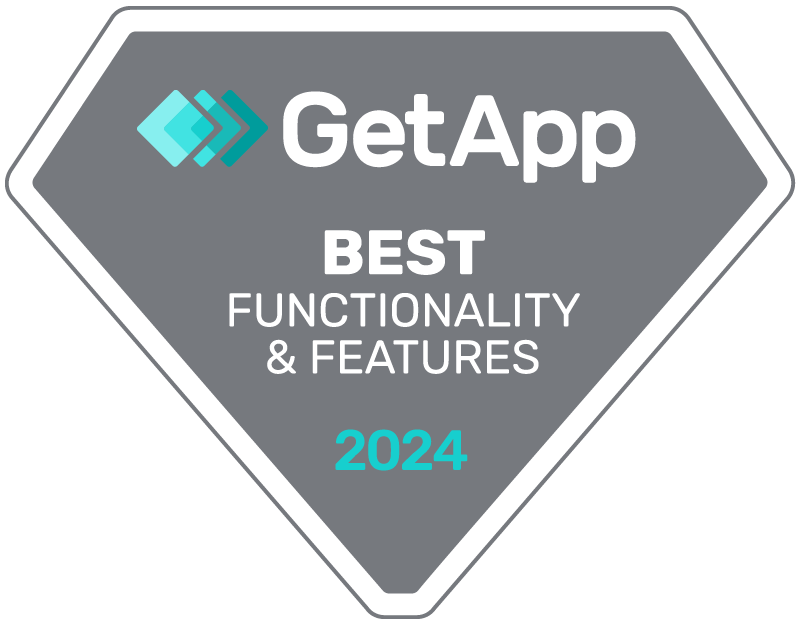The Future of HR – 4 Trends to Focus on to Drive Success

If HR Directors are to ensure their role remains relevant, they need to keep on top of the latest HR trends and demonstrate that they can have a strategic impact on the business. Given the importance of people to corporate success, the future of HR therefore means focusing on the employee experience. This will help future-proof the business and ensure HR is seen as central to delivering organisational goals.
To make this happen there are four key areas in which the HR Director has to take the lead, embracing the future of HR and its trends. Let’s look at each one in turn.
1. Influencing decisions surrounding technology in the workplace
According to a recent Future of Work report by PwC, 59% of millennials said that when considering a new job, it was important that the employer provides ‘state of the art’ technology. And 78% believe that being able to access the technology they like would make them more effective. This trend will only accelerate in the future.
It’s obvious that the new breed of worker places a big emphasis on the technology available at work – whether that’s apps to help them collaborate and share employee insights, provide data to support better decisions or technology to automate manual tasks. If employers don’t get this right, they’ll either buy it themselves or even move elsewhere.
So HR has to take an active role in the selection and adoption of new technology in the workplace, something traditionally handled by the CIO.
The good news is that getting the right technology in place can lead to increased effectiveness, greater productivity and a more attractive work environment – all of which can impact the experience and the bottom line.

Discover what truly motivates your employees so you can skyrocket your productivity and profitability.
Learn more2. Managing employee brand and reputation
For nearly a decade organisations have been investing in technology to monitor and counter the impact of customers sharing negative experiences on social platforms. But they’ve ignored the impact of employees sharing negative workplace experiences and how this can affect the bottom line.
In fact, a 2016 CEB report suggests that 81% of people who have a negative experience during recruitment or onboarding will share it. In the past, that that might not have seemed like such a big deal. But now – like customers – they are increasingly turning to online platforms to share their experiences which means their voice carries much further.
For example, one US study found over half of new job candidates looked on sites such as Glassdoor at some point when seeking a new position. A third said they wouldn’t even consider applying for a role unless the company had a rating of 3 stars or more.
All this means that the future of HR means becoming more involved in protecting and nurturing the employee brand rather than just leaving it to the marketing guys. These areas have a direct impact on a business’s ability to recruit the right talent. And if your ideal candidates aren’t even talking to you because of things they’ve seen online, then it’s time to recognise the impact this has on the bottom line.
3. Optimising the Employee Experience
Most organisations today understand that customer experience is key to winning and retaining business. And they’ve invested heavily in technology to measure, manage and improve CX. Yet, they don’t see the value of doing the same for the employee experience – despite the fact that there is an obvious connection between engaged staff and a better customer experience.
So for example, employee engagement is still measured using outdated techniques, such as the annual employee survey, which doesn’t provide a complete picture of what employees are thinking.
The future of HR is all about continuous listening and focusing on the employee experience. Make it possible for employees to provide feedback when and where they want using always-on feedback, online communities and more frequent surveys. And put in place real-time ways of monitoring and measuring engagement levels to deliver a constantly updated picture of engagement across the business. This lets you spot problems faster, take action more quickly and see the impact on the bottom line.
And if you can use employee feedback (integrated with other business data) to demonstrate the link between engaged employees, greater productivity and happier customers then you can go a long way to showing the real value of the HR function.
4. Focusing on the Employee Lifecycle
The fourth HR trend is all about taking an end-to-end approach. To build trust and transparency, and to get the most out of employees, you have to nurture their experience throughout their entire employee lifecycle, from attraction through to exit.
For instance, if you deliver a poor onboarding experience compared with what was promised during recruitment, this can have a dramatic impact. It is likely to hit employee engagement, productivity, retention and the increase the chance that they will post a damning review online.
The HR Director has to have the high level perspective – and the KPIs – across the entire employee journey to uncover problems. Is the business recruiting people who don’t fit the organisation and so driving higher than expected year-one churn? Or is there a connection between a poor onboarding experience, and low productivity?
The spread of digitalisation and the importance of talent to competitive success provides the perfect opportunity for the HR Director to step up and demonstrate their strategic value. That means that the future of HR will see them embrace disciplines such as technology, marketing and experience and take the lead in applying them to employees in order to really drive business success.
Read more about Employee Surveys.









